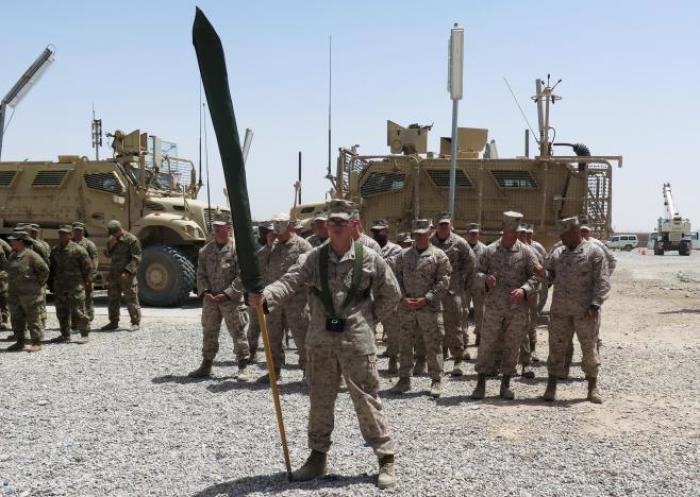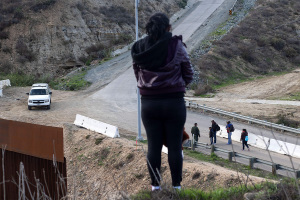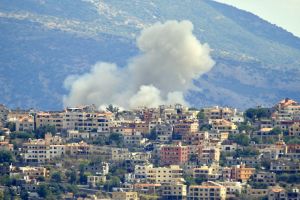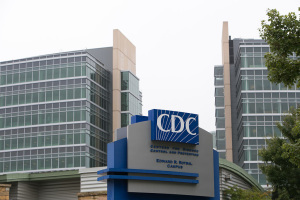Head of ISIS in Afghanistan Killed in US-Afghan Joint Operation

U.S. and Afghan officials confirmed Sunday that Abdul Hasib, head of the Islamic State terror group in Afghanistan, has been killed in the eastern province of Nangarhar.
Hasib, appointed last year after his predecessor Hafiz Saeed Khan died in a U.S. drone strike, was killed in an operation on April 27 conducted jointly by Afghan and U.S. Special Forces, according to Reuters.
During the operation, two U.S. army Rangers were also killed.
The Pentagon had earlier said Hasib may have been killed, but could not confirm the news at the time.
"This successful joint operation is another important step in our relentless campaign to defeat ISIS-K in 2017," Gen. John Nicholson, the top U.S. commander in Afghanistan, said in a statement, adding that 35 Islamic State fighters and several high ranking commanders were killed in the April 27 raid.
Hasib, who headed the local affiliate of Islamic State, known as Islamic State Khorasan, had allegedly ordered a series of high-profile attacks, including the March 8 attack on the main military hospital in Kabul.
U.S. and Afghan special forces, backed by drone strikes and other air support, have waged a series of operations against IS-K since March, killing dozens of their fighters, mainly in Nangarhar, on the border with Pakistan, according to the newswire.
Islamic State, also known as IS, ISIS, ISIL or Daesh, has been seeking to establish a caliphate inside Afghanistan through its local affiliate.
Last October, Nicholson said, "Right now we see them very focused on trying to establish their caliphate, the Khorasan caliphate, inside Afghanistan." He also said foreign fighters, particularly from Uzbekistan and Pakistan, had joined IS-K to fight in Afghanistan.
However, the IS local affiliate is "completely rejected by the Afghan people," the official added. "With our Afghan partners, we've been able to reduce that territory significantly and inflict heavy casualties on them to include killing their leaders," Nicholson said at the time, adding that the majority of the high-profile attacks in Afghanistan are carried out by the Haqqani network, which operates from across the border in Pakistan.
Nicholson said this days before suspected IS-K militants executed civilians near Firoz Koh, the capital of Afghanistan's Ghor province. Local government officials said they believed the militants wanted to avenge the killing of an IS commander in Afghanistan by security forces.




























